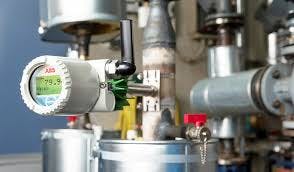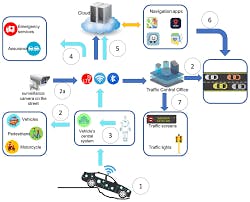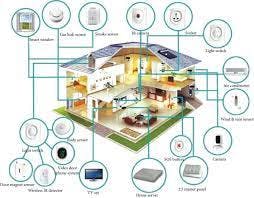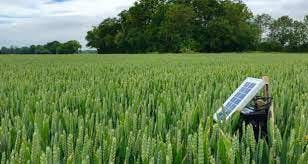Sensors are devices that detect and respond to physical stimuli such as light, heat, pressure, or motion, and convert them into electrical or digital signals that can be processed and analyzed. They are used in a wide range of applications, from industrial automation and manufacturing to consumer electronics and medical devices.
Sensors have become an integral part of the modern world, and their importance cannot be overstated. They have revolutionized the way we interact with and understand our environment by providing us with precise and real-time data on various physical parameters. Here are some examples of the importance of sensors in the real world
Industrial Automation: Sensors are used in various industries to monitor and control the manufacturing process, ensuring that the products are of high quality and that the process is efficient. For example, sensors are used to monitor temperature, pressure, and humidity levels in food processing plants to ensure food safety and quality.

Environmental Monitoring: Sensors are used to monitor the environment, including air quality, water quality, and weather conditions. This helps to identify and address environmental issues and maintain healthy living conditions for humans and other living organisms.

Healthcare: Sensors are used in medical devices to monitor vital signs, such as heart rate, blood pressure, and oxygen saturation, helping healthcare providers diagnose and treat illnesses.

Transportation: Sensors are used in automobiles to monitor engine performance, tire pressure, and other critical parameters, helping to prevent accidents and reduce emissions.

Smart Homes: Sensors are used in home automation systems to detect motion, light, and temperature, allowing for the automation of lighting, heating, and cooling systems.

Agriculture: Sensors are used in agriculture to monitor soil moisture, temperature, and nutrient levels, enabling farmers to optimize crop yield and reduce waste.

In summary, sensors have become an indispensable tool in modern society, enabling us to collect and analyze data in real-time to improve efficiency, safety, and quality of life.
Features of sensors
Sensors can vary in their features depending on their type and intended use, but here are some general features that sensors may have:
Sensitivity: The ability of a sensor to detect small changes in a physical stimulus. A highly sensitive sensor can detect very small changes, while a less sensitive sensor requires larger changes to detect a signal.
Accuracy: The degree to which a sensor's output matches the true value of the physical parameter it is measuring. A sensor with high accuracy provides a more precise measurement.
Precision: The degree of repeatability of a sensor's measurements. A sensor with high precision will produce consistent results.
Range: The minimum and maximum values of the physical parameter that a sensor can measure.
Response time: The time it takes for a sensor to detect a change in the physical parameter and produce a corresponding output signal.
Linearity: The degree to which a sensor's output is proportional to the physical parameter being measured. A linear sensor produces an output that is directly proportional to the input signal.
Hysteresis: The tendency of a sensor to produce different outputs for the same input signal depending on whether the physical parameter is increasing or decreasing.
Robustness: The ability of a sensor to function reliably in harsh or adverse environments, such as extreme temperatures or high vibration.
Size and form factor: The physical size and shape of a sensor, which can vary depending on the intended application.
Overall, the features of sensors can greatly affect their performance and suitability for a particular application. Selecting the right sensor for a given application requires careful consideration of its features and specifications.
